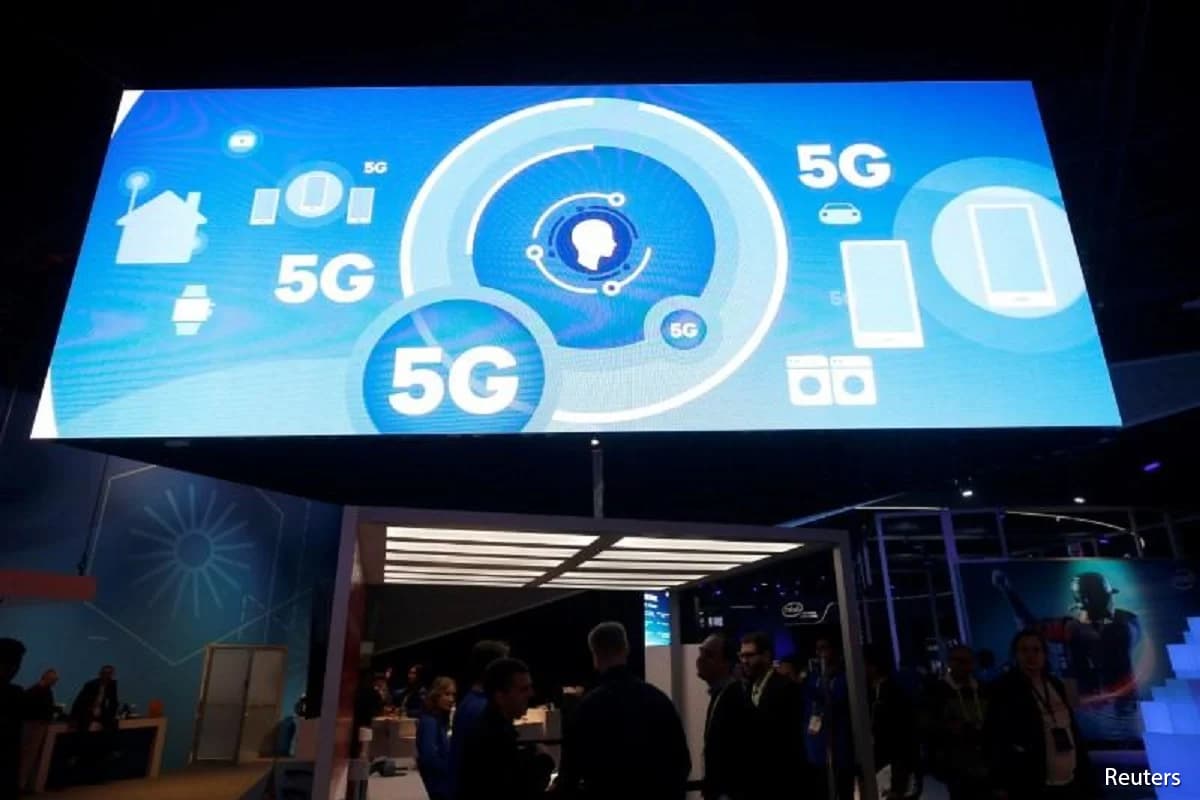
This article first appeared in Digital Edge, The Edge Malaysia Weekly on March 1, 2021 - March 7, 2021
The events of 2020 have undoubtedly emphasised the importance of accessibility in connectivity. During Malaysia’s first lockdown in the second quarter of 2020, Digi recorded an 18% increase in data usage among our customers compared with the first quarter, and a 50% jump from the same period in 2019. This increase in internet traffic and demand for a seamless connectivity was equally felt across the industry.
To urgently address this need, there is Jalinan Digital Negara (Jendela), the national digital infrastructure plan. This joint initiative by the Malaysian Communications and Multimedia Commission (MCMC), various government agencies and major industry players aims to ensure every Malaysian has quality internet connectivity, something that we at Digi have been working on relentlessly.
Jendela will be rolled out in phases over the next few years, with Phase 1 already in motion. This phase will see us shutting down 3G, expanding the current 4G nationwide footprint and getting our networks future-ready for 5G. Let us look through the 3-4-5 windows of Jendela and understand the path to modernising our nation’s mobile networks.
Bidding 3G farewell
In simple terms, shutting down 3G means freeing up more capacity to support higher traffic on the 4G network, resulting in better performance and quality of experience for all 4G users. Over the years, as technology advances, the industry has already migrated most of our current 2G spectrum over to 4G. However, more 4G spectrum is needed to cater for the exponential increase in internet data demand.
In this regard, retiring 3G will benefit our broadband spectrum greatly, as it allows us to re-farm our 2100MHz from 3G to 4G, thus enhancing 4G capacity, and boost speeds to an average of 35Mbps. Over the past four years, 3G data traffic has declined below 100%, driven by the smartphone migration to 4G. This, in turn, makes it easier for 3G users to adopt the 4G network over 2G.
In 2021, both the telecommunications industry and MCMC will be working together to track the migration from 3G to 4G, and to continue our focus on serving consumers to the best of our ability. We see it as our responsibility to support this initiative and educate the people to ensure the migration can be done smoothly. The industry is also set to offer various benefits to help consumers and enterprises with relevant deals and plans for 4G VoLTE-enabled devices because, in reality, what 3G can do, 4G can do better.
Revamping 4G
Expanding the current population’s coverage of 4G connectivity from 91.8% to 96.9% by 2022 is another top priority of Jendela in Phase 1. Over the last few years, 4G networks have revolutionised the mobile industry with high data transfer rates and low-latency connectivity — a feat many of us have come to rely on with video calls, video streaming and online gaming, among other things.
Having strong nationwide 4G coverage brings our goals of accessibility to the forefront, as it helps revitalise digital economies and empower Malaysians from all walks of life with fast, flexible connectivity at their fingertips.
Aside from internet speed, we are also focusing on ensuring the best quality of experience for our consumers through parameters such as video streaming, web page loading time and e-sports.
Being a leading internet company, Digi is constantly looking at how we can improve our services. This year, we will be carrying out a massive nationwide network enhancement exercise to improve our 4G network and capabilities, in line with the aspirations of Jendela.
Building a 5G foundation
Running Malaysia’s digital infrastructure on 5G will be a significant move forward and, to reap its myriad benefits, we need to thoroughly prepare our networks for it. Jendela aims to build a solid foundation through the optimisation of the 4G network and fiberising of premises in Malaysia. Ideally, once Phase 1 is completed, it will create more opportunities for further technological advancements.
Until then, technology and consumer readiness must be achieved through joint education initiatives, 5G Demonstration Projects and infrastructural preparedness. Digi’s vision on this front has always been clear: The road to 5G adoption in the nation is facilitated best through collaborations within an all-inclusive 5G ecosystem, where capabilities, skills and business opportunities can flourish.
To lay the foundation for 5G, Digi has been working closely with regulators, industry partners and local innovators to roll out 5G Demonstration Projects. This includes the launch of Malaysia’s first 5G OpenLab, a 5G-powered collaborative workspace in Cyberjaya that allows use cases to be tested in real-world environments. Furthermore, Digi has helped bring to life Malaysia’s first real-time, 5G-powered virtual tourism experiences in Langkawi and Penang and made Hospital Sultanah Maliha Langkawi the first hospital in Malaysia to trial 5G technology for remote monitoring of patients through real-time medical data transfer.
Digi strongly believes connectivity is an important factor in empowering communities, building societies and securing a better future for all Malaysians. It is vital that we continue to equip ourselves with information and skills that make us more tech-savvy, digitally literate and forward-thinking. Only then can we truly be a future-ready nation together.
Aryati Rahim is the head of regulatory affairs at Digi
Save by subscribing to us for your print and/or digital copy.
P/S: The Edge is also available on Apple's AppStore and Androids' Google Play.